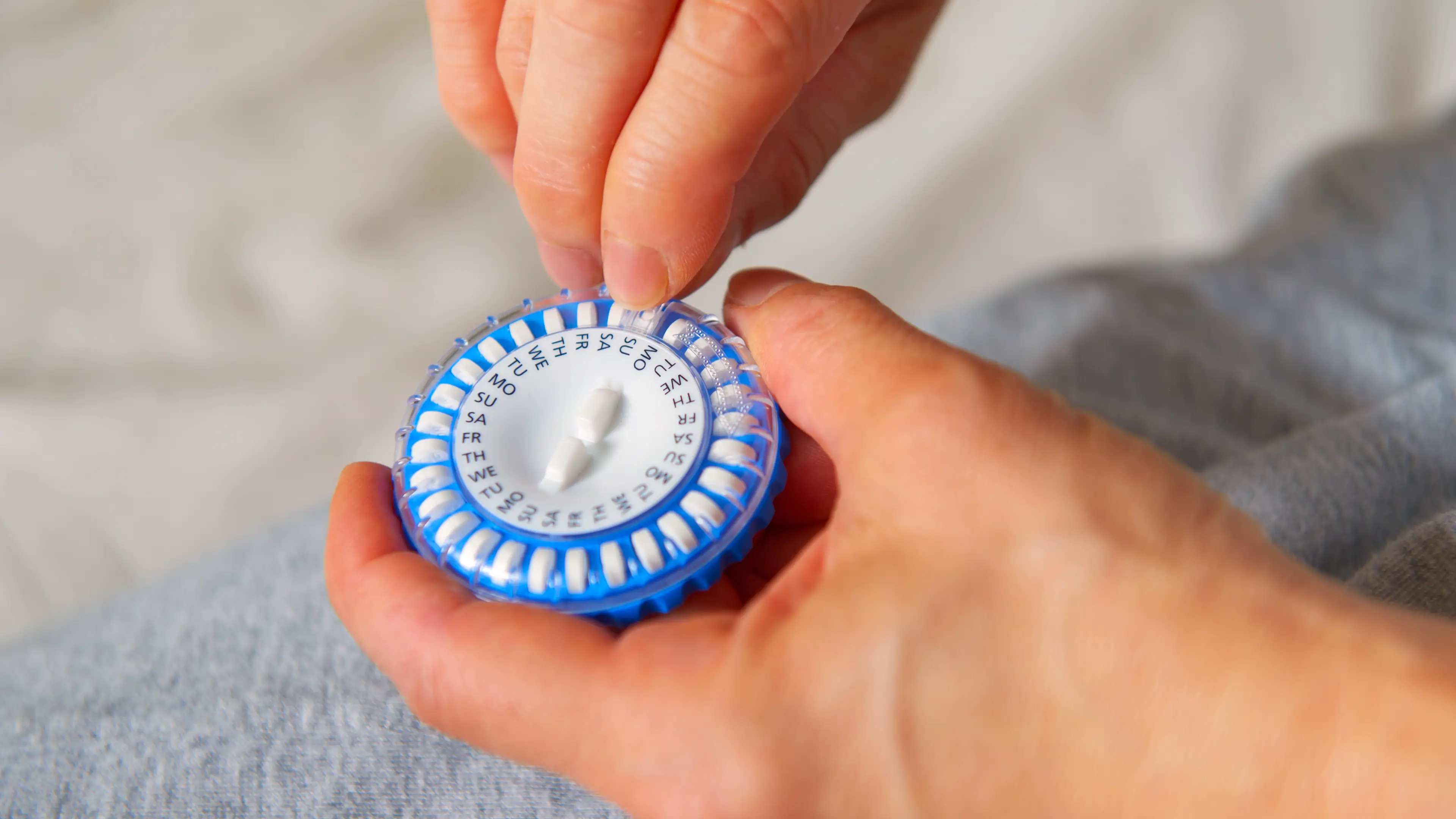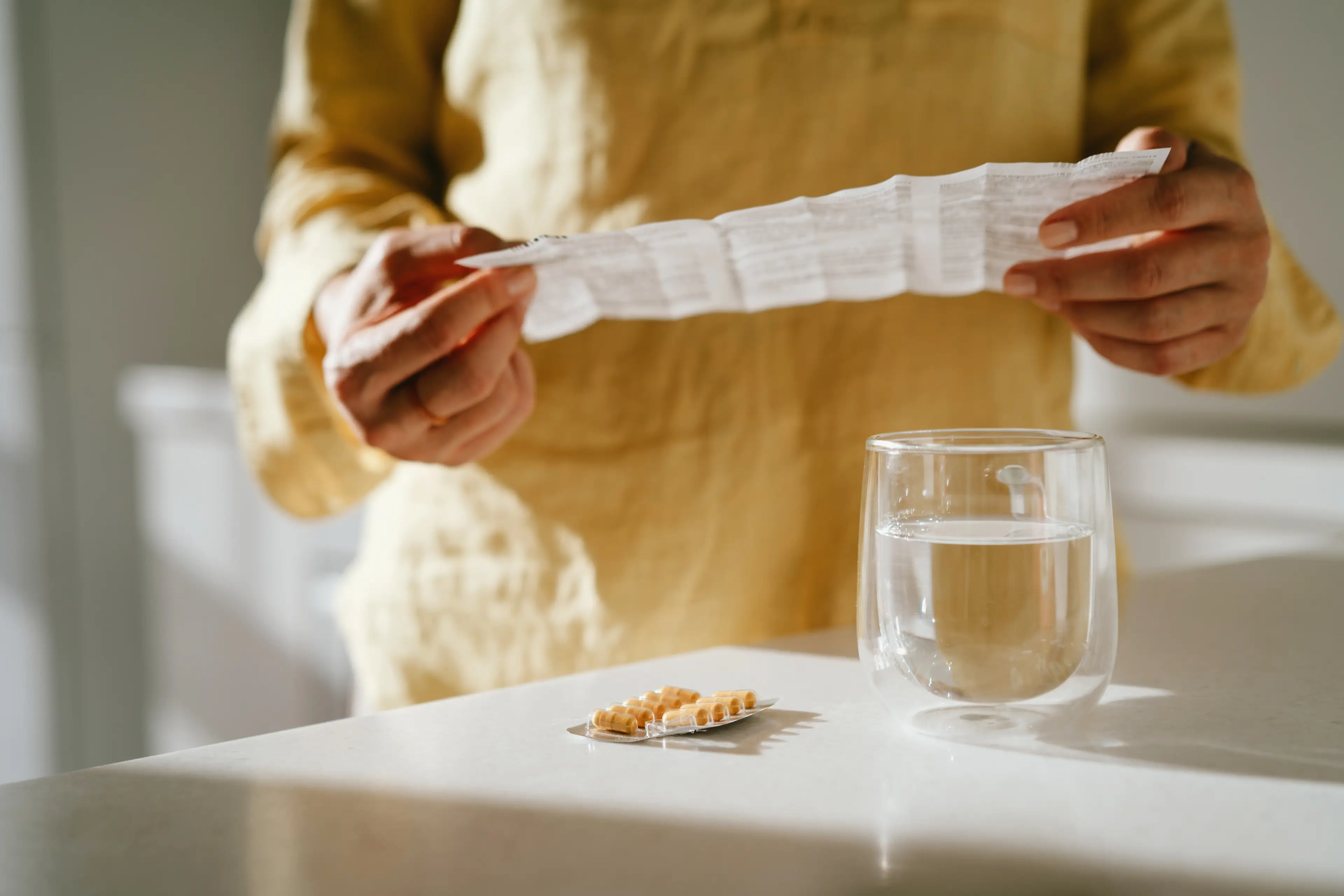
Women currently taking Hormone Replacement Therapy (HRT) as a means of tackling the frustrating symptoms of menopause have been issued a request from medics.
HRT is medication commonly prescribed by NHS doctors to alleviate several side effects that occur during the period of a woman's life when her menstrual cycle slowly comes to an end.
The phase usually sees women experiencing a number of difficult symptoms, including hot flushes, night sweats, issues with sleep, a lack of libido, and vaginal dryness.
HRT works by replacing declining hormone levels, like oestrogen and progesterone, using synthetic ones, with either tablets, patches, gels, or implants.
Advert
Earlier this year, a study hit headlines alleging that the treatment has been associated with an increased risk of developing both womb and ovarian cancer - both of which can only affect women.

Cancer Research UK adds that this is specifically in cases of prescriptions of oestrogen-only HRT, which is usually only given to women who have had their womb removed (hysterectomy).
As a result, the National Institute of Health and Care Excellence (NICE) went on to set up a 'discussion aid' in a bid to open the conversation between patients and their GPs on this subject.
Following the unnerving revelation, however, representatives from the Institute quickly went on to issue an urgent warning, emphasising that whilst the treatment and the disease could be linked, their association is only slight.
As such, the findings of the study should not be used as a means of spreading misinformation on the risk of being diagnosed with ovarian or womb cancer.
A spokesperson for NICE told The Sun in a statement back in May: "While there are some increased risks associated with HRT, it is unlikely to decrease overall life expectancy."

Addressing the message that 'discussion aid' is sending with regards to the concerning report, Chief Medical Officer, Professor Jonathan Benger, added: "We don't routinely produce patient decision support tools but have on this occasion because of the complexity and because of the risks.
"What we've tried to do is show in a way that will be readily understood what the risks of key conditions are with and without HRT. Being able to have an informed conversation is very important."
The warning about not blowing things out of proportion was also issued by experts at Cancer Research UK, who emphasise that the risk being described is only slight, adding that when HRT is stopped, the increased risk decreases once again, particularly in ovarian cancer cases.
Touching on this - along with the fact that the HRT is also linked to an increased risk of blood clots or a stroke - GP Dr Philippa Kaye went on to reassure treatment-takers that the women in the study mentioned were prescribed a non-tradition form of the popular medication.
"The women in these studies used an older version of oral HRT that we don't use now, and they started HRT aged 63 years, on average," she explained.

"This is more than a decade after the average age of menopause."
"Research since then has shown that starting HRT within the first ten years doesn't seem to have the same risks. So let's be clear: For the majority of women who can take HRT, starting within the first decade after menopause, is safe."
Dr Kaye went on to say that the risk of cancer 'depends on how and when you start taking HRT', adding that it is approximately the same rise as that related to smoking and drinking alcohol.
"And you can decrease your risk by trying to maintain a healthy weight and exercising regularly."
Topics: Women's Health, Health, Periods, Menopause, Cancer